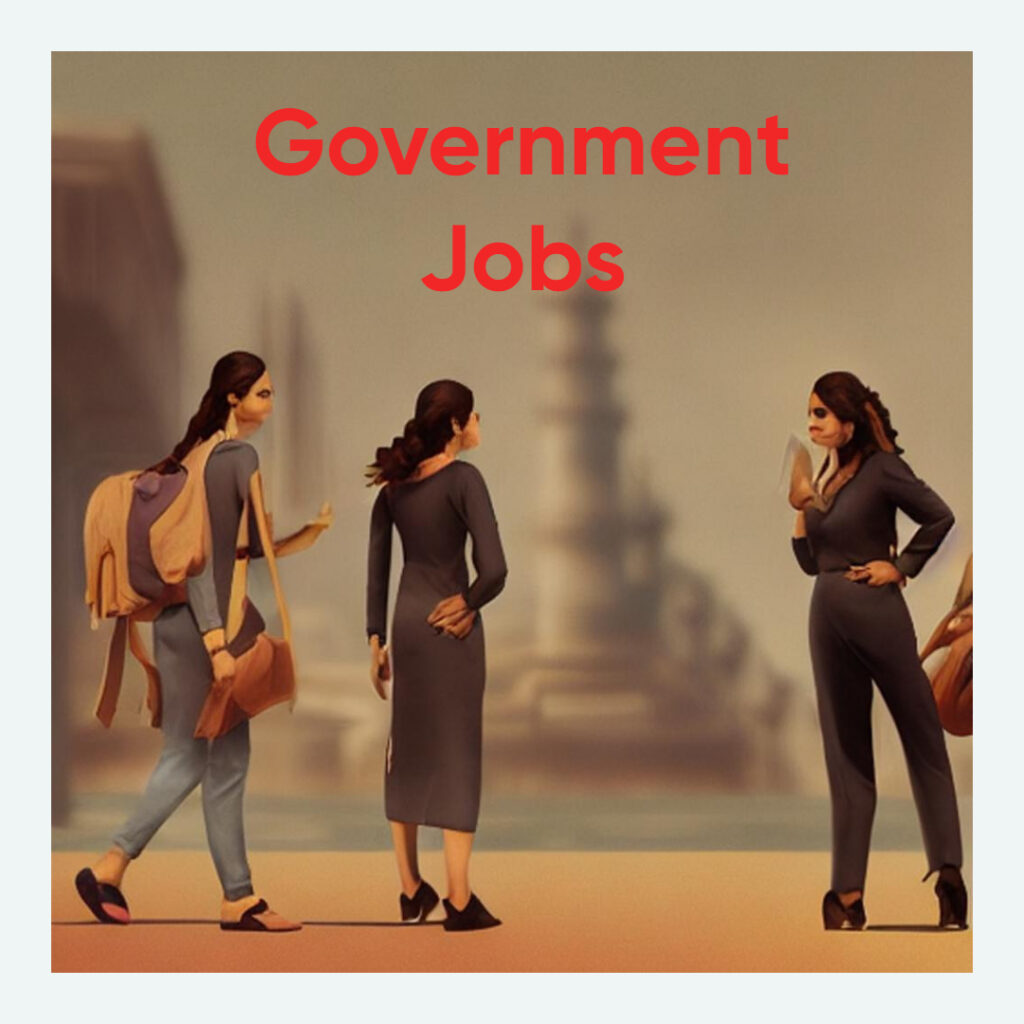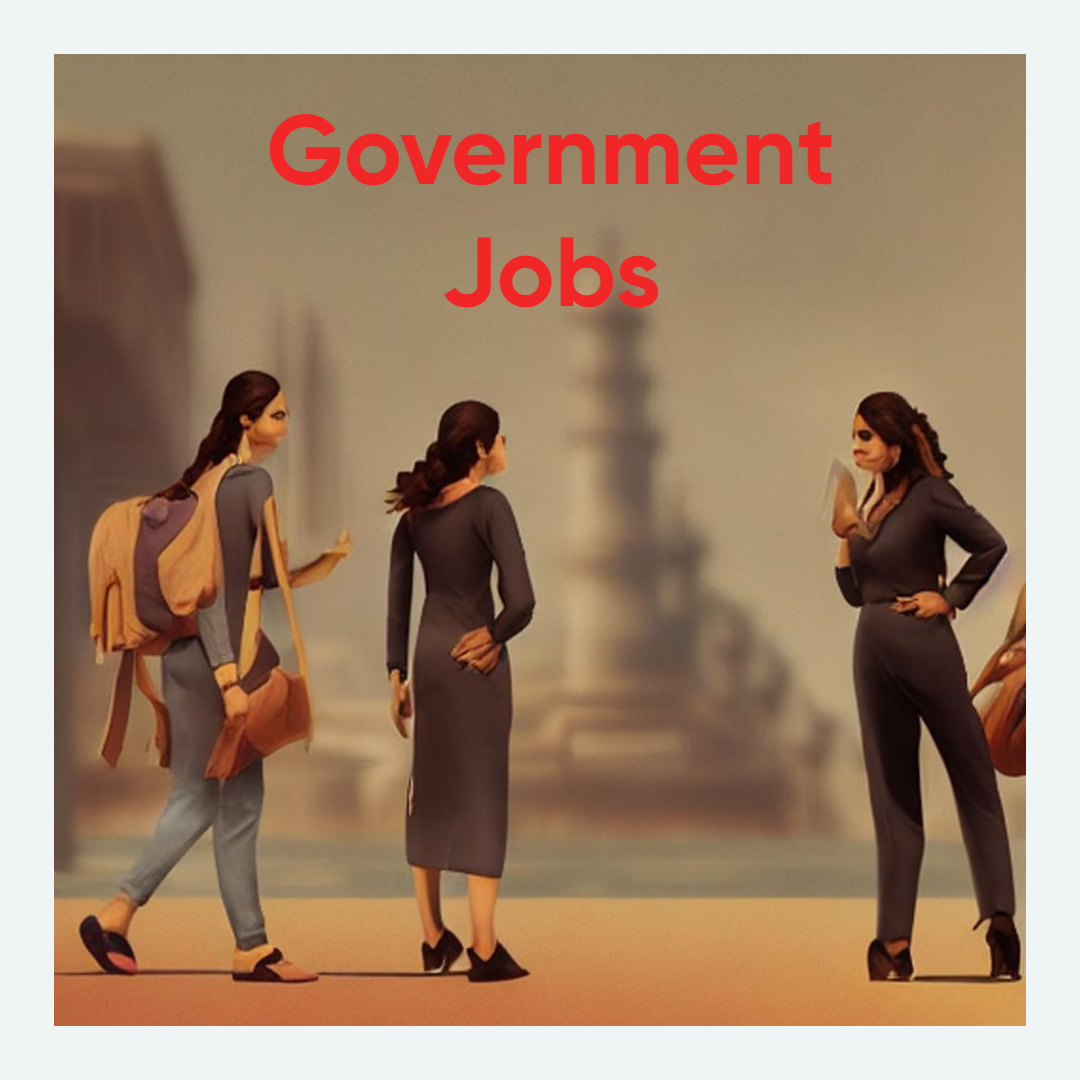Government Job Engineering is one of the most sought-after career paths in India, offering a range of opportunities in both private and public sectors. Among these, government jobs stand out due to their job security, attractive benefits, and societal respect. If you are an engineering graduate exploring government job opportunities, this guide will walk you through the available options, application processes, exams, study materials, and useful references. Government job

Why Choose Government Jobs After Engineering?
Government jobs have several perks that make them highly desirable:
- Job Security: Unlike the private sector, government positions are stable and less affected by economic fluctuations.
- Work-Life Balance: Fixed working hours and numerous leaves ensure a balanced life.
- Financial Benefits: Competitive salaries, pensions, and allowances make government jobs financially appealing.
- Opportunities for Growth: Regular promotions and departmental exams offer career growth.
- Prestige and Respect: Working for the government is often associated with high social standing.
Types of Government Jobs for Engineers
Engineers have diverse government job options across sectors. Here’s a categorized breakdown:
1. Engineering-Specific Jobs
- Public Sector Undertakings (PSUs): Companies like BHEL, ONGC, GAIL, and NTPC hire engineers through GATE (Graduate Aptitude Test in Engineering) or direct recruitment.
- Indian Engineering Services (IES): UPSC conducts the Engineering Services Examination (ESE) for posts in central engineering departments.
- Railways: Engineers can join the Indian Railways through the Railway Recruitment Board (RRB) for roles like Junior Engineer, Section Engineer, etc.
- Defense Services: Organizations like DRDO and ISRO offer engineering-based research roles.
2. Administrative Roles
- Civil Services: Engineers often crack the UPSC Civil Services Exam to become IAS, IPS, or IFS officers.
- State Public Service Commissions (PSC): Engineers can apply for administrative roles at the state level.
3. Banking and Financial Sector
- Specialist Officers: Engineers with IT or communication expertise can work as Specialist Officers in banks like SBI or IBPS-participating banks.
4. Defense and Paramilitary
- Indian Armed Forces: Engineers can join the Indian Army, Navy, or Air Force through exams like AFCAT, CDS, and TGC.
- Paramilitary Forces: Organizations like CRPF and BSF also have technical wings.
5. Teaching and Research
- Lecturer/Professor: Engineers can work in government engineering colleges after qualifying for UGC NET or similar exams.
- Research Scientist: Opportunities exist in CSIR labs, DRDO, and ISRO.
How to Apply for Government Jobs?
The application process for government jobs is usually online and standardized. Here’s how you can proceed:
- Identify Suitable Jobs: Regularly check notifications on official websites of government organizations like UPSC, SSC, and RRB.
- Understand Eligibility: Read the eligibility criteria carefully for age, educational qualifications, and experience.
- Register Online: Create accounts on job portals like UPSC, SSC, or the organization’s official website.
- Submit Applications: Fill in the application form, upload required documents, and pay the fees online.
- Prepare for Exams: After applying, start preparing for the written exams and interviews.
Important Exams for Government Jobs
Several competitive exams serve as gateways to prestigious government jobs. Here are the most important ones:
1. GATE (Graduate Aptitude Test in Engineering)
- Required for PSUs like ONGC, NTPC, and IOCL.
- Also opens opportunities for higher studies in IITs/NITs.
2. UPSC ESE (Engineering Services Examination)
- Conducted annually for roles in central engineering departments.
3. UPSC Civil Services Exam
- Engineers often apply for administrative services like IAS, IPS, or IFS.
4. RRB Exams
- For positions in Indian Railways like Junior Engineer or Section Engineer.
5. ISRO/DRDO Recruitment Exams
- Separate technical exams for research and development roles.
6. AFCAT (Air Force Common Admission Test)
- For engineering graduates aspiring to join the Indian Air Force.
Study Materials and Preparation Tips
- GATE and IES Preparation
- Recommended Books:
- “Engineering Mathematics for GATE” by B.S. Grewal
- Previous Year Question Papers by Made Easy Publications
- Online Resources:
- NPTEL Lectures
- GATE Academy Online
- Recommended Books:
- UPSC Civil Services
- Recommended Books:
- “Indian Polity” by Laxmikant
- “General Studies Manual” by Arihant
- Study Tools:
- NCERT books for basics
- Mock tests and answer writing practice
- Recommended Books:
- Railway and PSU Exams
- Books like “Quantitative Aptitude” by R.S. Aggarwal
- Current Affairs Magazines: Yojana, Kurukshetra
- ISRO/DRDO Exams
- Focus on core technical subjects of your branch.
- Use books by IES Master or Made Easy for technical papers.
- General Tips
- Create a study timetable and stick to it.
- Practice previous year’s papers and take mock tests regularly.
- Stay updated with current affairs through newspapers and apps like GKToday.
Useful References and Websites
- UPSC: www.upsc.gov.in
- RRB: www.indianrailways.gov.in
- GATE: www.gate.iitkgp.ac.in
- DRDO: www.drdo.gov.in
- ISRO: www.isro.gov.in
Additionally, stay active on platforms like LinkedIn and job portals for timely notifications.
Conclusion
Government jobs offer engineers a secure, rewarding, and prestigious career path. With the right preparation and dedication, landing a government job after engineering is achievable. Focus on the right exams, study diligently using reliable materials, and keep an eye on official notifications. A systematic approach can help you secure your dream role in the public sector.
Start preparing today and build a future that combines professional excellence with societal impact!
Whatsapp Group Link – https://chat.whatsapp.com/FBEUq5RQ9pNLft7vGEouZhttps://chat.whatsapp.com/FBEUq5RQ9pNLft7vGEouZx
Join Our Whatsapp group for more job related information
Explore more jobs

Vacancy available for Data Science
Capgemini Automation engineer
Tips To get hired :
Start with a plan. …
Customize your resume.
Keep your resume short.
Customize your cover letter.
Showcase your accomplishments.
Build and utilize your network.
Diversify your job search.
Keep applying for jobs.
Follow this tips for getting a job.


